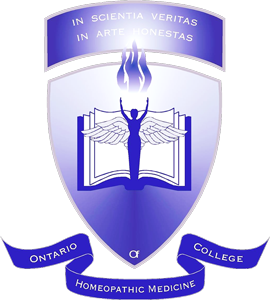Is Homeopathy Feasible?
Is Homeopathy Feasible?
February 3, 2015
Cost and effectiveness of homeopathy in healthcare systems
The Swiss Federal Government ordered a wide-ranging study designed to evaluate the cost / efficiency ratio of complementary medicines in healthcare systems – homeopathy, anthroposophical medicines, traditional Chinese medicine, phytotherapy and neural therapy [1]. The study was implemented after a 2009 national referendum concerning the inclusion of the costs of complementary medicines in basic health insurance – 78% of Swiss citizens voted in favour of inclusion.
The study on homeopathy was entrusted to the teams led by Dr G. Bornhöft and Professeur P.F. Matthiessen (Fondation Pan-Medion Zurich, Université de Witten/Herdecke, Allemagne). It was published under the titleHomeopathy in Healthcare. Effectiveness, Appropriateness, Safety, Costs, Spinger 2011.
They had previously presented the principles of homeopathic therapy, which was based on empirical clinical observation, the toxicity of pharmacological substances (pathogenesis) and the principles of similitude, infinitesimality, dynamisation, globality and individualisation. They insisted on the difficulties of evaluating homeopathic treatments by the criteria of Evidence Based Medicine (EBM), a form of medicine which is considered to be scientific, and is founded on objective proof to determine the efficiency of a treatment.
Methodology
The methodology used by the authors of the study consisted of
The methodology used by the authors of the study consisted of
· examination of the experimental protocols and meta-analyses (pre-clinical and clinical tests, and randomised double-blind tests on humans, versus placebo)
· evaluation of safety according to the frequency of the appearance and the nature of undesirable secondary effects
· evaluation of its economic interest in terms of cost / effectiveness.
The authors developed a system of criteria for the validity of the listed studies – both internal (the scientific quality of the studies) and external (the adequation between the study and the real practice of homeopathy).
Their principal conclusions – benefits for the patient and the economic benefits
The authors of the study notably conclude that
· the action of homeopathic dilutions is primarily regulatory and may better be observed on unhealthy organisms than on healthy organisms
· high dilutions may induce specific reactions in living organisms
· studies with animals show significant and pertinent effects of homeopathic treatments (models of intoxication by arsenic and induced honey diabetes) – regulatory effects which restore the balance in destabilised organisms
· studies in vitro on human cells (degranulated basophils) demonstrate these regulatory effects, but they are not transposable to humans
· the use of homeopathy in infections of the superior respiratory passages and allergic reactions clearly demonstrates a positive benefit
· homeopathic doctors are financially less onerous than allopathic doctors, and there are fewer hospitalisations for secondary effects
· the therapy is not toxic
· the relationship between the doctor and the patient is of better quality.
These results clearly demonstrate the effect of homeopathic dilutions in terms of benefits for the patient, including fewer undesirable effects than in conventional treatments, better relations with the doctor, as well as economic benefits.
http://www.sevenepharma.com/en/cost-and-effectiveness-of-homeopathy-in-healthcare-systems/
Tags: Flu, Fever

